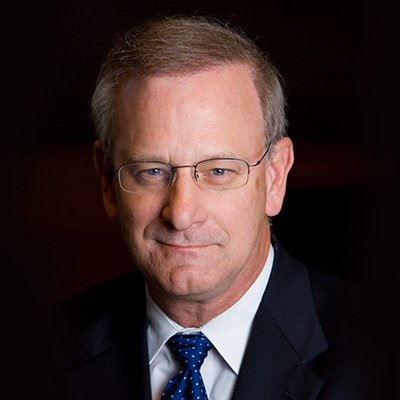Thomas M. Hoenig served as president and chief executive officer of the Federal Reserve Bank of Kansas City for 20 years, from Oct. 1, 1991 to Oct. 1, 2011, when he was required by Federal Reserve Board rules to retire. As president, he directed Federal Reserve activities in the Tenth Federal Reserve District—an area that includes Colorado, Kansas, Nebraska, Oklahoma, Wyoming, the northern half of New Mexico and the western third of Missouri. At his retirement, he was the longest serving of the 12 regional Reserve Bank presidents and was the longest-tenured member of the System’s Federal Open Market Committee, which has authority over U.S. monetary policy. During his tenure, Mr. Hoenig was the host of the Jackson Hole economic symposium, a forum for international central bankers to discuss critical economic and financial issues.
Mr. Hoenig joined the Bank in 1973 and was the senior officer in banking supervision during one of the most tumultuous periods in the history of the region’s financial institutions—the banking crisis of the 1980s. At that time, he was involved with nearly 350 banks that either failed or received assistance. During the 2008 financial crisis and its aftermath, he was especially vocal about the regulation of the financial industry, the need for addressing so-called “too big to fail” institutions, and the role of monetary policy. He speaks frequently about the importance of community banks in funding small business and innovation in the U.S. economy and stresses the importance of ensuring that banking regulations encourage a competitive financial sector. He is a defender of the decentralized structure of the Federal Reserve System that allows input from 12 Reserve Banks and their branches to counterbalance Washington political and Wall Street influences.
Mr. Hoenig received a bachelor’s degree from St. Benedict’s College, Atchison, Kan. and a doctorate in economics from Iowa State University. He is a native of Fort Madison, Iowa, and resides in Kansas City, Mo.

